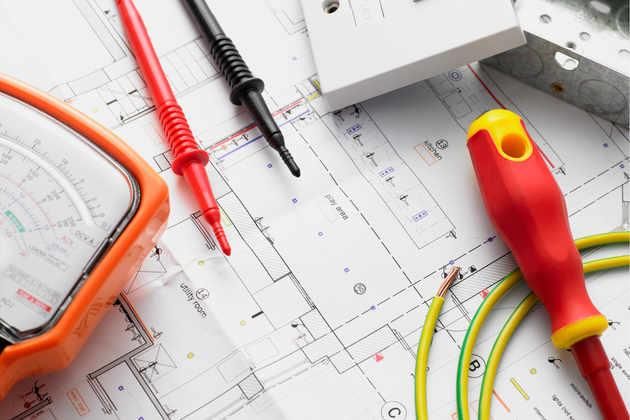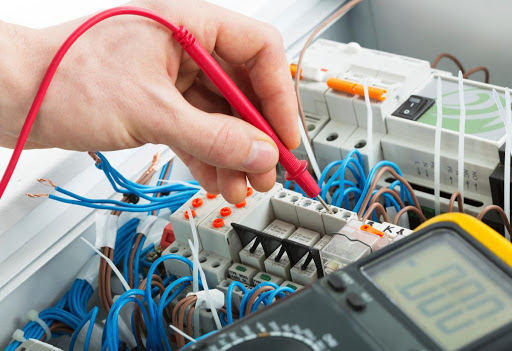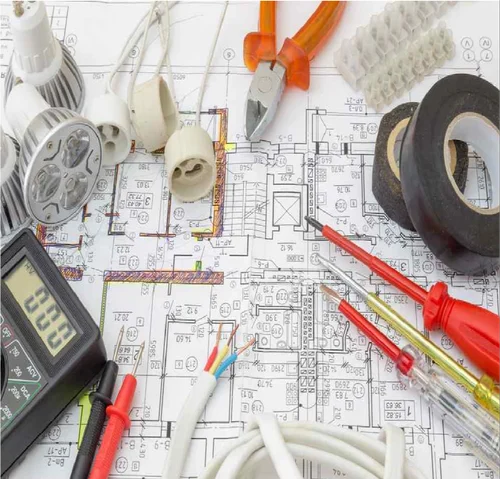KHB provides training and guidance on the design calculations required for domestic & industrial consumers as well as electrical wiring and electrical code regulations.
Training course:
- Electrical calculations such as power, current, and load demand from conceptual design stage detailed design stage.
- Calculation of the protection settings, cable design, and earthing design types.
- IET Requirements for Electrical Installations BS7671 18th edition AMD 2
Why is essential learning electrical installation course
In today’s rapidly advancing world, the demand for skilled electrical professionals is higher than ever. Electrical systems are integral to our daily lives, powering homes, offices, and industries. To ensure the safe and efficient operation of these systems, it is crucial to understand the importance of installation and maintenance in electrical courses.
Installation is the foundation of any electrical system. It involves the proper placement and connection of various components, such as wires, switches, and circuit breakers. A comprehensive electrical course equips students with the knowledge of industry standards, regulations, and best practices for installing electrical systems. This knowledge ensures that installations are carried out safely and efficiently, minimizing the risk of electrical hazards, such as electrical shocks, fires, or short circuits.
Maintenance, on the other hand, focuses on the regular upkeep and inspection of electrical systems. Through an electrical course, individuals learn how to identify potential issues and perform preventive maintenance tasks. Regular maintenance helps to identify and rectify faults or deterioration in electrical equipment before they escalate into major problems. By practicing effective maintenance techniques, electrical professionals can enhance the lifespan and performance of electrical systems, reducing downtime and unnecessary repair costs.
One of the key aspects emphasized in electrical courses is safety. Electricians and technicians must prioritize safety to protect themselves and the people who rely on their work. Proper installation techniques and maintenance procedures significantly reduce the risk of accidents, ensuring a safe working environment. Understanding electrical codes, grounding techniques, and safety protocols are vital components of an electrical course, enabling individuals to work with confidence and competence.
Moreover, proficiency in installation and maintenance techniques enhances the overall efficiency of electrical systems. Well-installed and properly maintained systems operate optimally, minimizing energy wastage and maximizing performance. By learning about energy-efficient practices, load balancing, and troubleshooting methods in electrical courses, professionals can contribute to sustainable energy consumption and cost savings.



